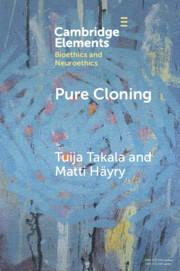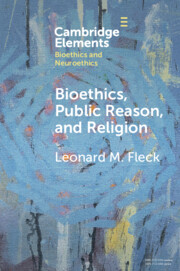Antinatalism, Extinction, and the End of Procreative Self-Corruption
This Element provides an exploration of antinatalism, the view that assigns a negative value to reproduction. First, the history of Western philosophy as a two-and-a-half millennia reaction to antinatalist sentiments. Human life has no obvious meaning and philosophers have been forced to build elaborate theories to invent imaginary purposes. Second, analysis of the concept of antinatalism in the light of human extinction. If people stop having children, the species will cease to exist, and this prospect has prompted attempts to find alternatives and excuses. Third, outlines a normative view defending antinatalism both theoretically and practically. If it is wrong to bring about suffering in the absence of redeeming meaning and if it is possible to create meaning only by imposing a pronatalist mentality upon children before they can make up their own minds, parents morally corrupt themselves by procreating. This title is also available as Open Access on Cambridge Core.
Product details
March 2024Hardback
9781009455282
84 pages
235 × 160 × 10 mm
0.276kg
Available
Table of Contents
- 1. Introduction
- 2. Western philosophy as a struggle against antinatalism
- 3. Antinatalism and extinction
- 4. Procreative self-corruption
- References.





